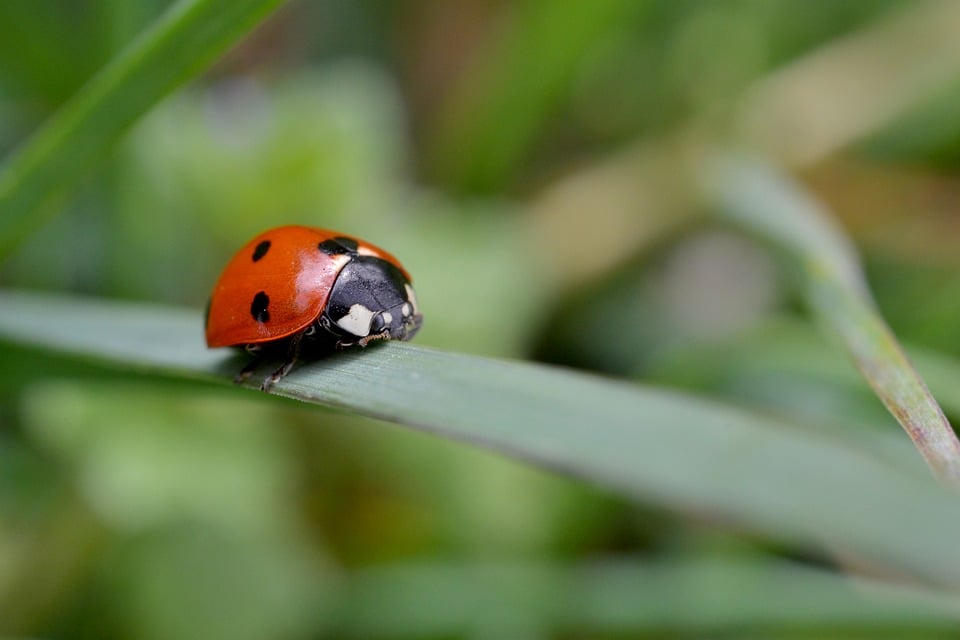In a world where cultures collide and mingle, traditions play a crucial role in connecting people to their roots, history, and community. From ancient rituals to modern-day festivals, these cultural practices provide a glimpse into the values, beliefs, and celebrations that define societies around the globe. In this article, we will explore the rich tapestry of global traditions, delving into their historical significance, current expressions, and future trends.
Historical Context
Traditions have long been an integral part of human societies, serving as a way to pass down knowledge, commemorate important events, and foster social cohesion. From the ancient Mayan ceremonies in Mesoamerica to the elaborate festivals of medieval Europe, rituals have played a pivotal role in shaping cultural identities and preserving heritage.
Throughout history, rituals have taken on various forms, ranging from religious ceremonies to seasonal celebrations. In many cultures, rituals were used to invoke spiritual powers, honor ancestors, or mark significant life events such as births, marriages, and deaths. These traditions were often deeply rooted in mythology, folklore, and symbolism, reflecting the values and beliefs of the societies that practiced them.
As civilizations evolved and expanded, rituals transformed into larger-scale festivals that attracted participants from far and wide. These festivals became communal gatherings where people could come together to celebrate their shared heritage, showcase their talents, and express their cultural identity. Today, many of these ancient traditions are still alive and thriving, serving as a link between past and present.
Current State
In the modern era, global traditions continue to play a vital role in shaping cultural identities and fostering a sense of belonging. From the vibrant colors of India’s Holi festival to the solemn rituals of Japan’s tea ceremonies, these traditions serve as a reminder of our shared humanity and diverse heritage.
One of the most iconic global traditions is the Chinese New Year, also known as the Spring Festival. This festival, which falls on the first day of the lunar calendar, is celebrated with elaborate parades, dragon dances, and fireworks displays. It is a time for families to come together, exchange gifts, and wish each other prosperity and good fortune in the coming year.
Another widely celebrated tradition is Mexico’s Dia de los Muertos, or Day of the Dead. This festival, which takes place on November 1st and 2nd, is a time to honor deceased loved ones and celebrate their lives. Families create elaborate altars with offerings of food, flowers, and keepsakes to welcome the spirits of the departed back to the world of the living.
Future Predictions
As we look to the future, it is clear that global traditions will continue to evolve and adapt to the changing world around us. With the rise of globalization and technology, traditions are no longer bound by geography or time constraints. People can now connect with their cultural roots and participate in traditions from around the world with the click of a button.
However, this increased connectivity also poses challenges to the preservation of traditional practices. As younger generations become more assimilated into mainstream culture, there is a risk that some traditions may be lost or diluted over time. It is essential for communities to actively engage in the preservation and promotion of their cultural heritage to ensure that these traditions continue to thrive for generations to come.
Conclusion
In conclusion, global traditions offer a window into the rich tapestry of human culture and heritage. From ancient rituals to modern-day festivals, these traditions provide a glimpse into the values, beliefs, and celebrations that define societies around the world. By exploring the historical context, current expressions, and future trends of these traditions, we can gain a deeper appreciation for the diversity and beauty of our shared human experience.
As we navigate an increasingly interconnected world, it is more important than ever to celebrate and preserve our cultural heritage. By engaging with global traditions and sharing them with others, we can foster a sense of unity and understanding that transcends borders and boundaries. Thank you for joining us on this journey through the world of global traditions, and we invite you to continue exploring the richness of cultural diversity in all its forms.
